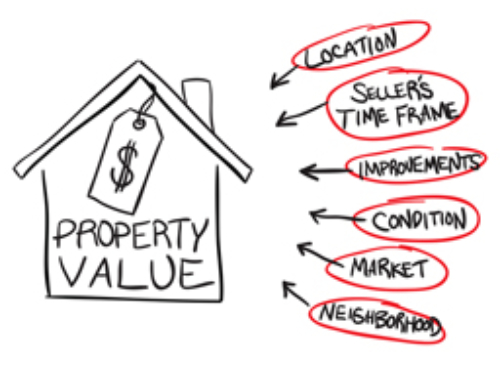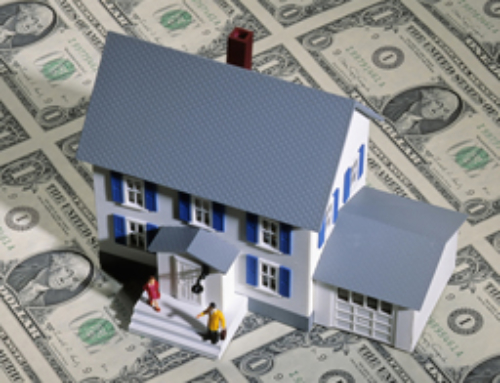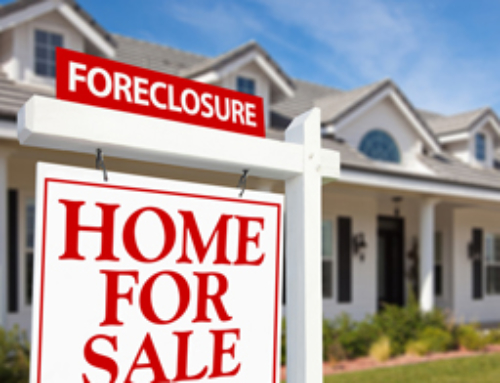 Is unemployment rising? Economists have been puzzled why so few jobs are being created now that the recession appears to be over.
Is unemployment rising? Economists have been puzzled why so few jobs are being created now that the recession appears to be over.
I don’t think it’s that surprising. This is the second post-recession period in a decade that has seen anemic job creation.
Frankly, between the 15 million Americans who have already lost their jobs and the millions more who are working at jobs that are below their skill level, or are at part-time jobs rather than full-time jobs, it could take years to return to pre-crash employment levels.
More attention is being paid to those Americans who are employed now but are worried about losing their jobs if the economy falters or if the recovery is uneven.
The real question is, if you lost your job tomorrow, would your house be in jeopardy?
It’s important to plan for the worst-case scenario, which would include loss of income, whether it’s due to a death or a job loss.
Here are some questions to think through as you stabilize your finances and protect your assets in case you lose your job:
- How much cash do you have on hand? While it may be tough, you should salt away enough cash to pay for your basic expenses-food, shelter, property taxes, insurance premiums, and the minimum due on any debts you carry-for at least six months. If you lose your job, you’ll need to have extra cash available in addition to any unemployment insurance you collect.
- Can you pay down any debts? Once you’ve scraped together a sizable emergency fund, you should work to pay down any debts you’re carrying, especially those debts that carry a variable interest rate, which can shoot up overnight. Paying off these debts will free up your cash flow, making life a bit easier should your family take a hit in income.
- Can you cut expenses? Look at your weekly and monthly budgets. Is there a place where you can shave a few dollars? Can you give up a weekly yoga class and bank the savings? Can you exchange a purchased cup of gourmet coffee for a to-go cup filled with homemade java? Can you cut back on eating out? While this may seem like small change, it adds up over time.
- Can you postpone major purchases? Can you fix up your car enough to make it through the next year or two without having to buy a new one? Can you put off vacations, home renovations and expensive parties in order to help stabilize your financial situation?
- Can you refinance your mortgage? If you have enough equity in your home and you haven’t refinanced in the past few years, you might be able to lock in a lower interest rate on the remaining balance of your mortgage. Salt away those savings now, and when you feel more confident about your job prospects, you can simply make extra payments on your loan.
- Are there any other resources you can tap in an emergency? Do you have a retirement plan, a Roth IRA, or other assets you can sell in case of a financial emergency? How easy or difficult would it be to liquidate those assets?
While it’s difficult to plan for a job loss, being prepared means you’ll survive a bout of unemployment with your finances intact.
 Ilyce R. Glink is the author of several books, including 100 Questions Every First-Time Home Buyer Should Ask and Buy, Close, Move In!. She blogs about money and real estate at ThinkGlink.com and at the Home Equity blog for CBS MoneyWatch.
Ilyce R. Glink is the author of several books, including 100 Questions Every First-Time Home Buyer Should Ask and Buy, Close, Move In!. She blogs about money and real estate at ThinkGlink.com and at the Home Equity blog for CBS MoneyWatch.
READ MORE:
Seven Ways to Save on Auto Insurance
Child-Friendly Tax Credits
New Home Tech Toys That Will Save You Money






